The banshee, derived from the Irish term “bean sídhe” or “woman of the fairy mound,” is a mythical entity deeply rooted in Irish and Scottish folklore. This supernatural being is renowned for her disquieting wails and conspicuous appearances, said to signal impending death. Throughout history, the figure of the banshee has transcended its mythical origins, making its way into literature, television, and films. This article provides an overview of the banshee’s origins, characteristics, and significance in Celtic mythology.
Origins in Irish and Scottish Mythology
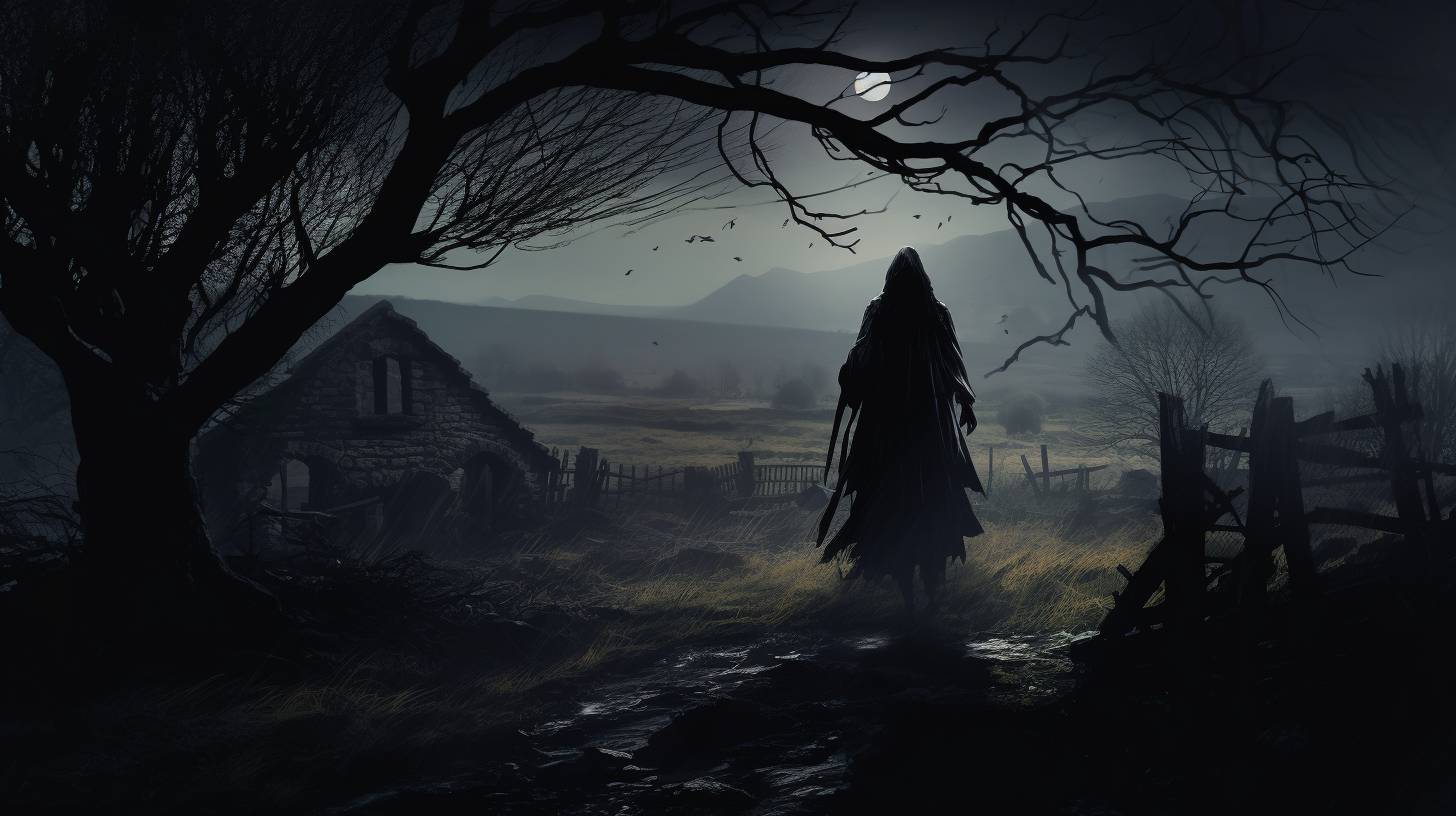
Banshees are believed to have originated in both Irish and Scottish mythology, playing a pivotal role in the folklore of the two Celtic nations. The Irish legend posits that banshees are female spirits that occupy a spiritual realm called the Otherworld or Tír na nÓg. The Scottish variation considers banshees as the souls of women who died under tragic circumstances, often appearing as ghostly figures to those who share their bloodlines.
Banshees are connected to the Gaelic concept of “Aos Sí,” which signifies the collective spirits of the otherworldly beings who dwell in mounds and hills. In both Irish and Scottish lore, the banshee typically serves as a guardian spirit or anchor to the ancestral lineage of ancient Celtic families.
Characteristics: Appearance, Wail, and Omens
Banshees are known for their distinctive appearance, sorrowful cries, and ominous presence, which are said to foretell doom.
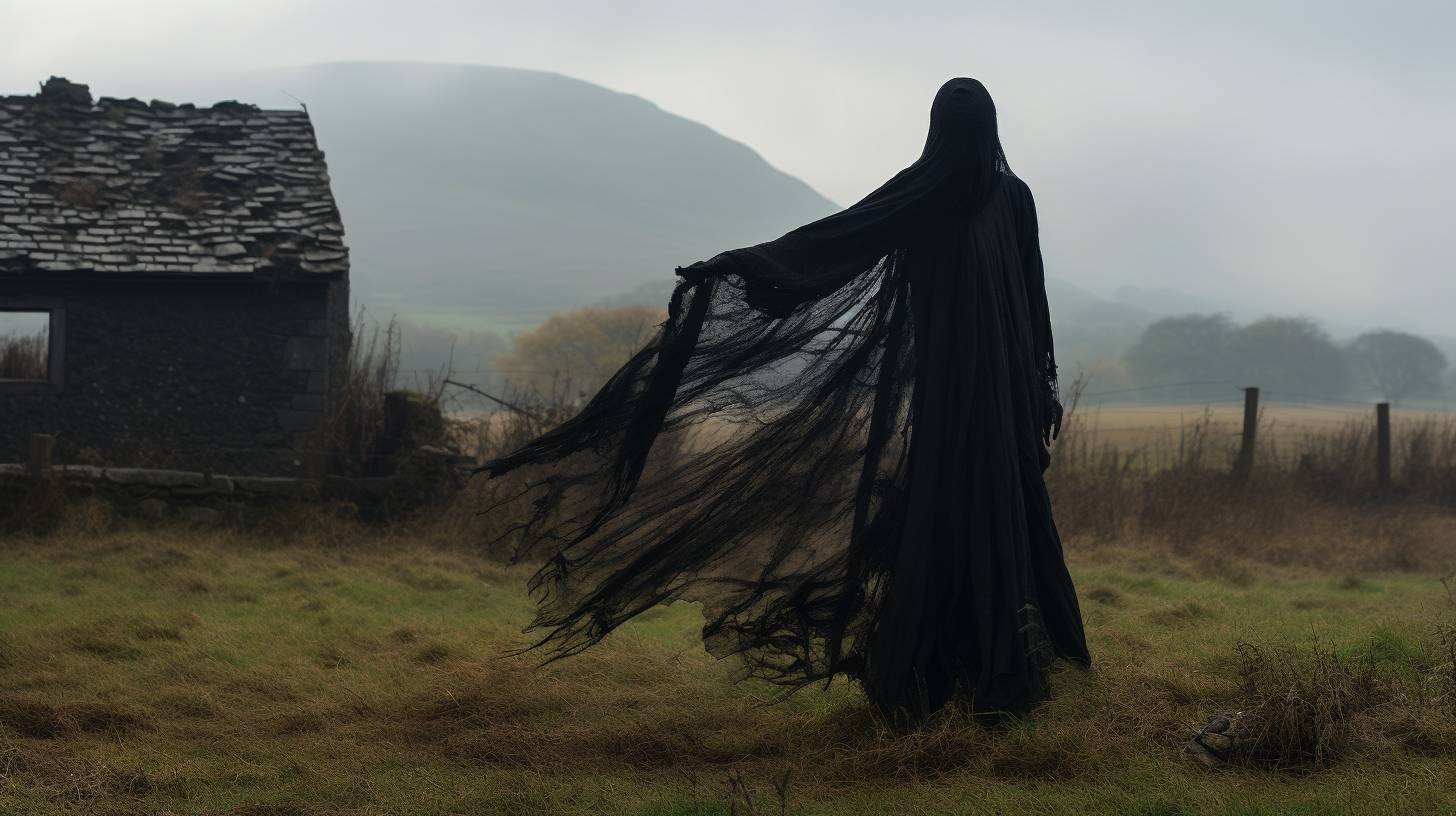
Appearance: The portrayal of the banshee varies profoundly across different accounts, ranging from a beautiful young woman to a haggard old crone. Some common depictions include a woman with long, flowing hair, pale skin, and wearing a green, red, or white dress (symbolizing the Celtic Otherworld). Some accounts describe her as a headless phantom, carrying a bowl of blood, while others perceive her as a shape-shifter, able to assume various animal forms.
Wail: The banshee’s wail, or keen, is her trademark attribute. This haunting lament is said to reverberate through the night, forewarning of death in the family. The anguish and sorrow embedded in the banshee’s cry is unparalleled and is known to be chilling to the bone.
Omens: Considered an omen of death, the banshee’s appearance or wail is believed to foreshadow the demise of a family member or close friend. This somber connection often invokes fear and dread, leading the banshee to be mistaken for a malevolent spirit. However, in most accounts, she is simply a messenger who relays forewarnings about the impending loss, allowing the bereaved a chance to prepare.
The Banshee in Literature and Popular Culture
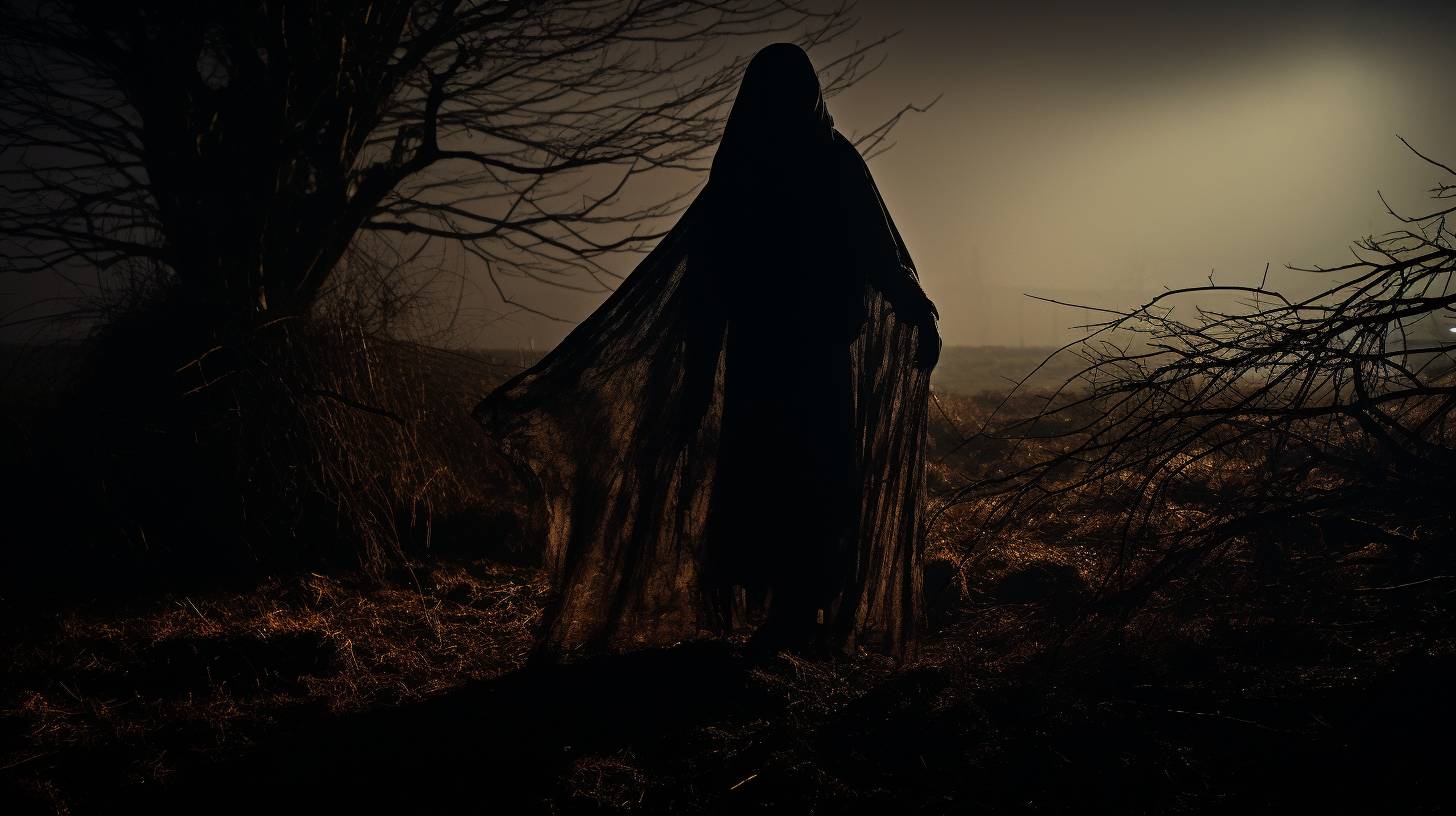
Over the centuries, the figure of the banshee has transcended mythology and permeated literature and popular culture. Even the great Irish playwright, W.B. Yeats, made mention of the banshee in his many works, reinforcing her presence in cultural psyche.
In contemporary times, the banshee has found a place in movies, television shows, and books, often drawing heavily on her original mythological origins. Although her role varies from one adaptation to another, she consistently remains an enigmatic and haunting figure that commands not only fascination but also a sense of foreboding and dread.
From its genesis in ancient Celtic folklore to its modern-day representations in literature and pop culture, the banshee remains an enduring symbol of life’s fragility and the inevitability of death. She serves as a poignant reminder of our inescapable mortality while mystifying us with her haunting beauty, mournful cries, and enigmatic nature, ensuring her enduring legacy in the annals of Celtic mythology.
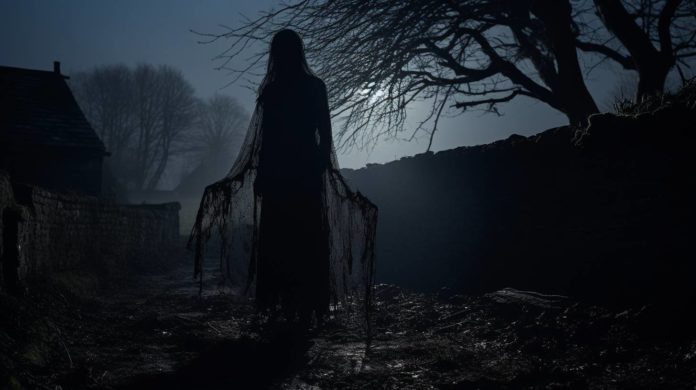
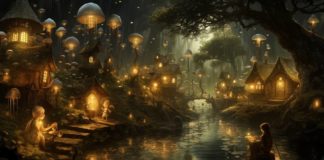 Folklore
Folklore